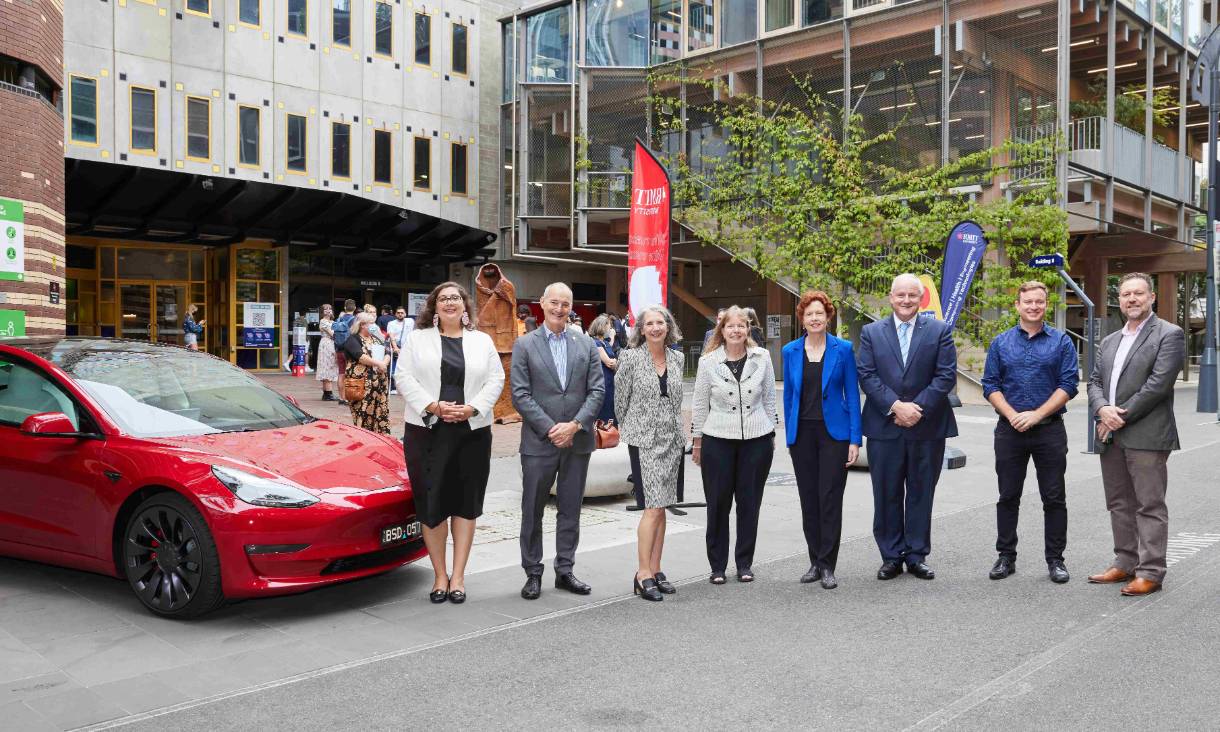
Snapshot
- Victorian Government, RMIT commit to electric vehicle research at city campus
- New facility set to open next year, completed by 2025
- State Government aims for EVs to make up half of new car sales by 2030
The Victorian Government’s latest round of electric vehicle funding has come in the form of a research centre for Melbourne’s RMIT University.
Set to be based at RMIT’s city campus, the facility comes courtesy of a $5.2 million funding boost from the State Government, aiming to better integrate electric vehicles into modern society.
An integral part of the $8.18 million RMIT project will be the new ‘Electric Vehicle Living Lab’, complete with charging stations, a regenerative grid and battery simulators – allowing the state to prepare for increased EV adoption.
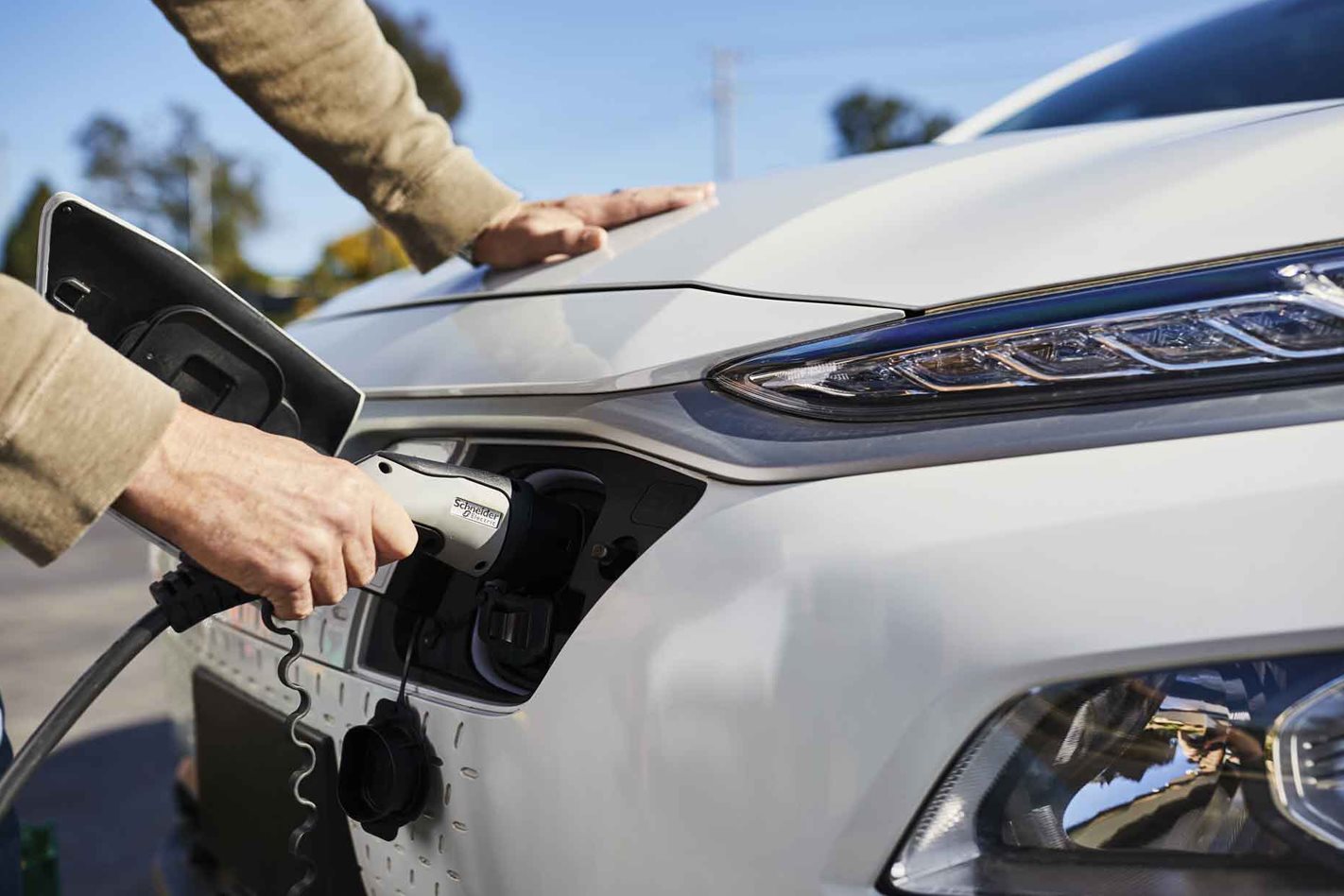
With Victoria expecting half of all new car sales to come from EVs by 2030, Minister for Higher Education, Training, and Skills Gayle Tierney, said the facility will help support the future of the industry.
“This is an important project for the future of clean, green transport in Victoria, but also for our plan to meet net zero emissions by 2050 through innovative research and the development of new technology,” said Tierney.
“We know our local universities have a lot to offer, which is why we’re working with them, and industry, to build a bright future – while also creating great study, research and job opportunities for Victorians.”
RMIT’s Vice-President, Professor Calum Drummond, said the research centre can help to future-proof Victoria to cope with an increased demand on its electricity grid due to EVs.
“We’ll be developing cutting-edge battery technology and simulating the impacts of wide scale electric vehicle adoption on electricity grid loading, prices and the broader system,” said Drummond.
“As well as applied technology development, a full-scale applied research project will inform policy towards Victoria’s net zero emission targets in the transport sector, proactively addressing both likely and unforeseen challenges as electric vehicles are adopted at accelerated rates.”
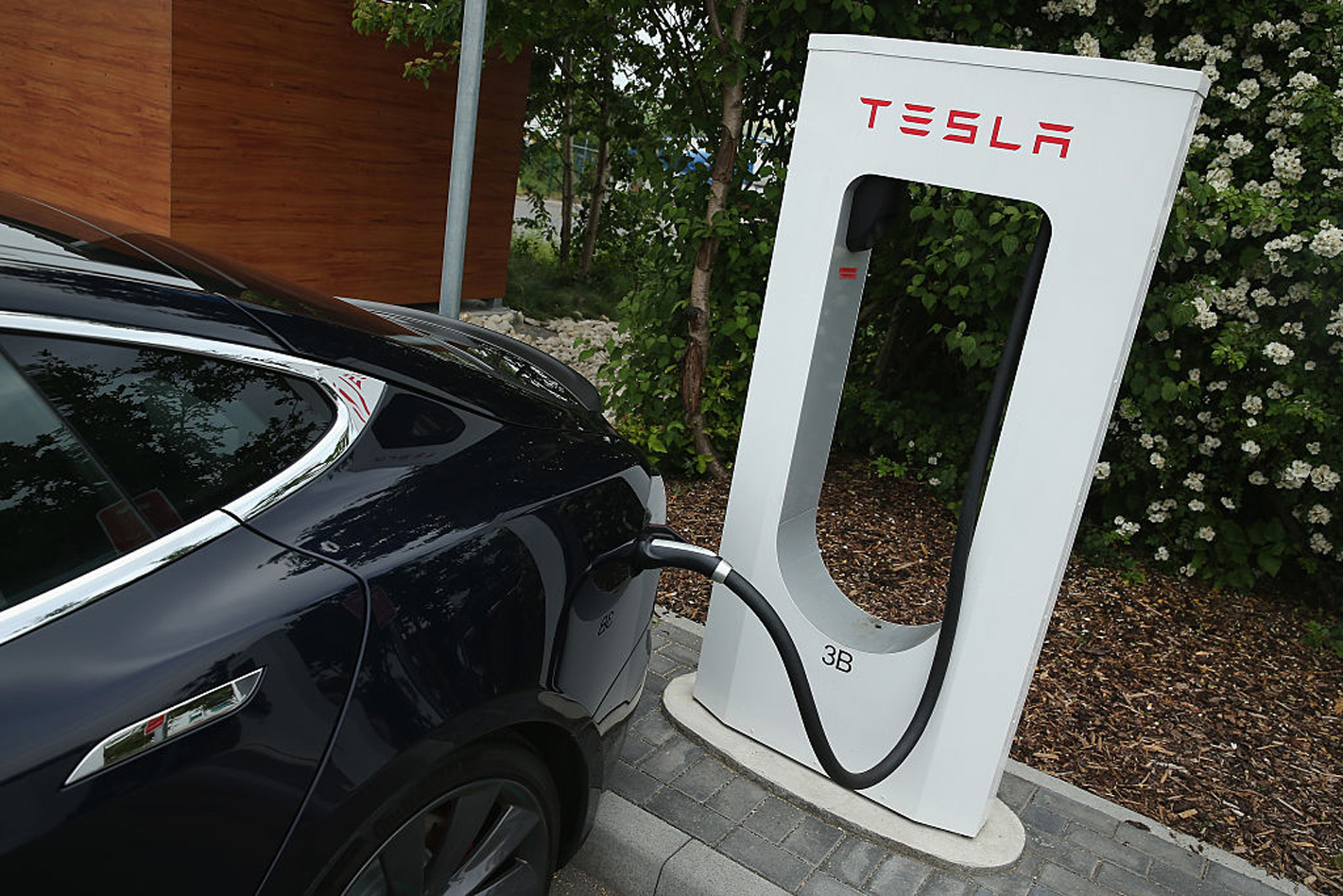
A roadmap from the Victorian State Government has outlined its plans for all new buses to be zero emission by 2025, phasing out its internal combustion engine-powered fleet over the next three years.
Despite introducing a $3000 subsidy for new EV purchases last year, Victoria has also become the first state to introduce a contentious road user charge, taxing fully-electric vehicles at 2.5 cents per kilometre, while plug-in hybrid electric vehicle owners have to pay two cents per kilometre on top of the federal fuel excise.
We recommend
-
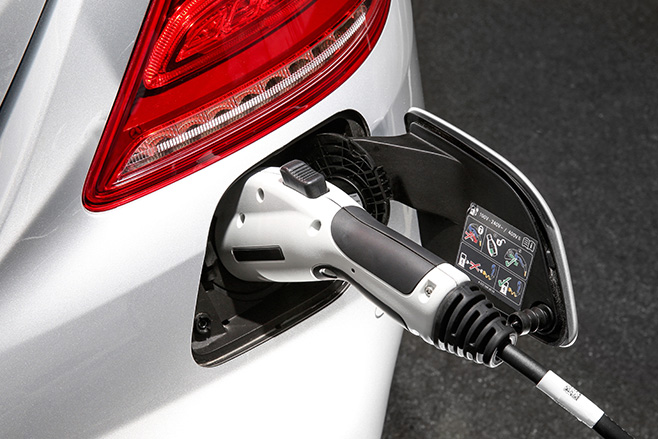 News
NewsVictorian Govt wants 50% of state's vehicles to be EVs by 2030
The new policy has been welcomed, but also approached with caution by industry bodies which think the target may be a bit "ambitious"
-
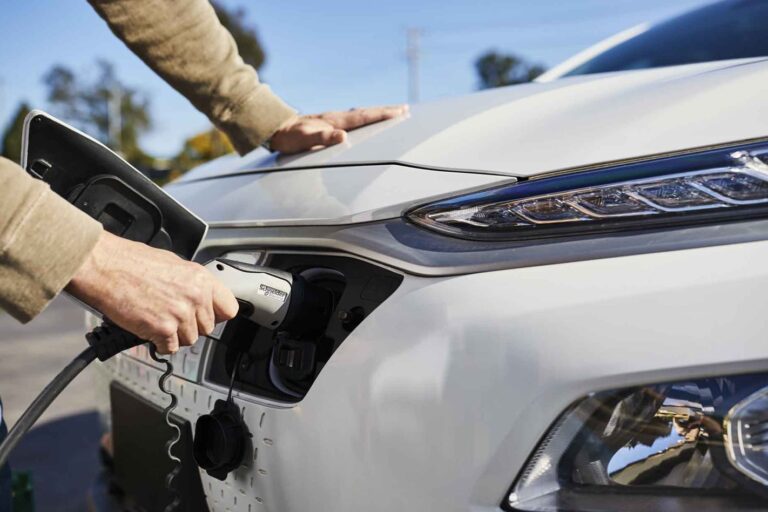 News
NewsVictoria passes EV road tax, effective from July 1 2021
It's done – Victoria is the first state to introduce a 'user pays' road tax, simultaneously targeting electric vehicle owners while also offering purchase incentives
-
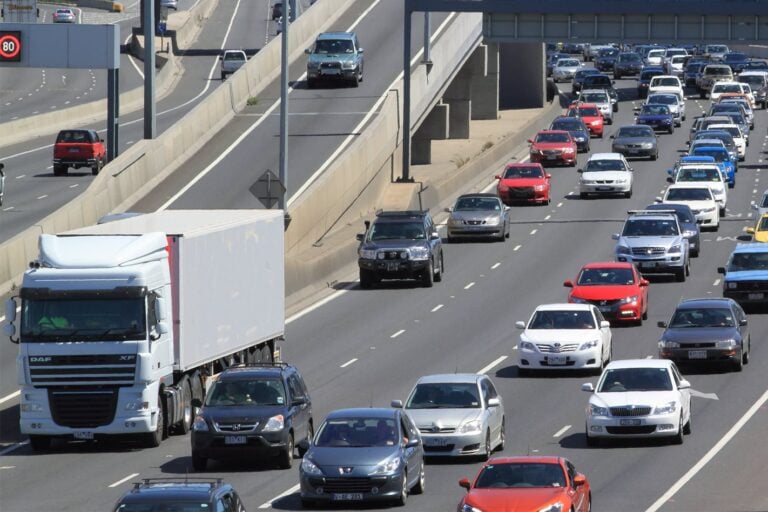 News
NewsVictorian car registration fee could be replaced by user pays system under new plans
Body advises State Government to ditch rego in favour of distanced-based charge among other radical recommendations




